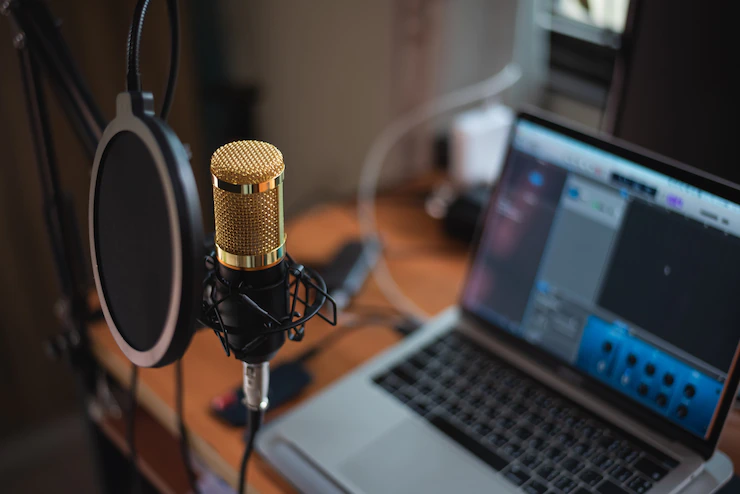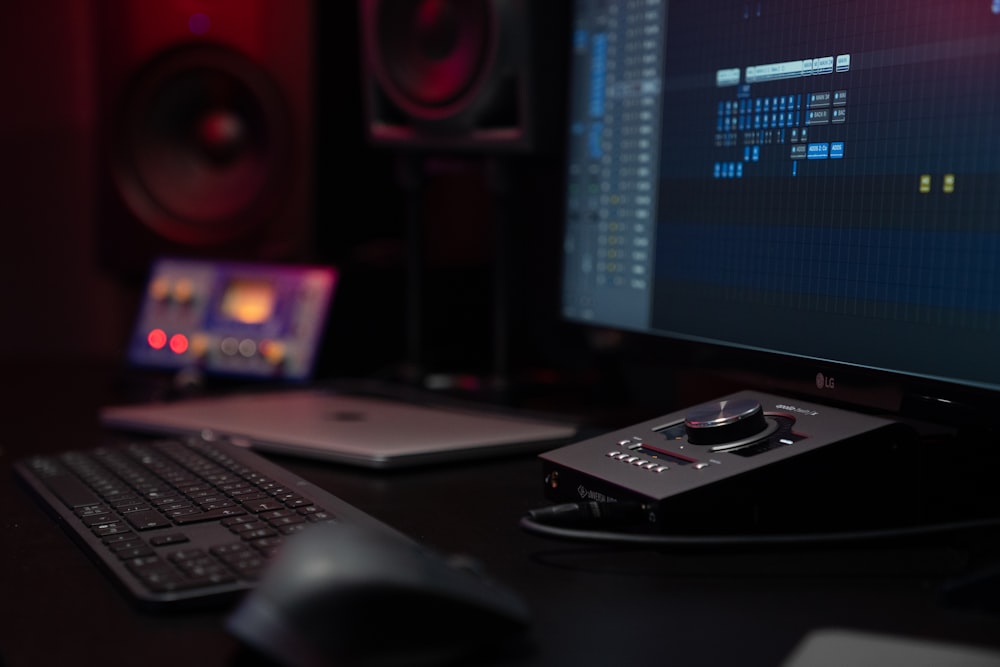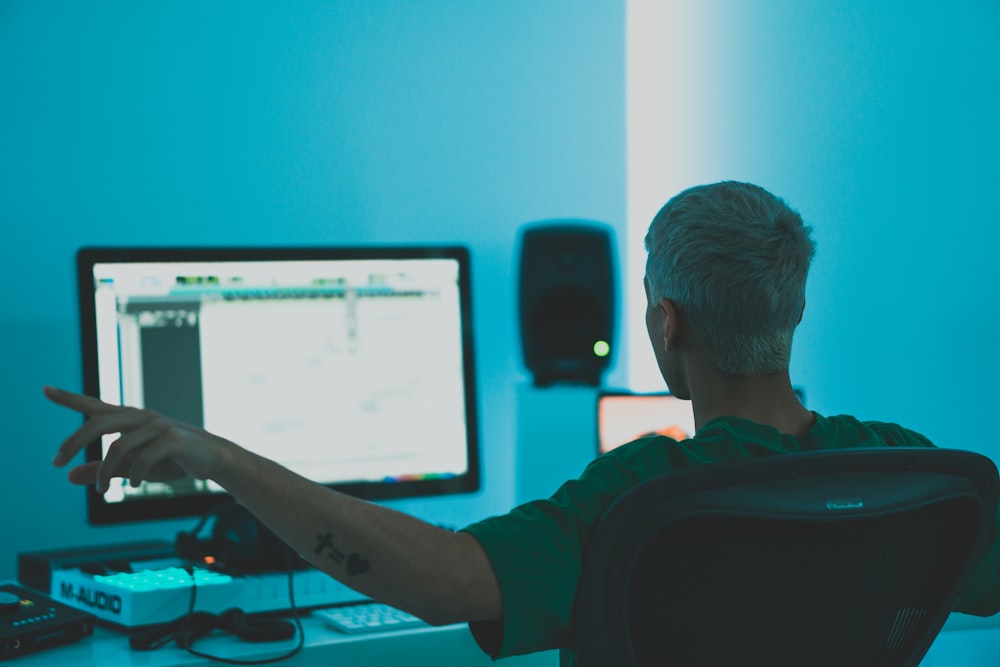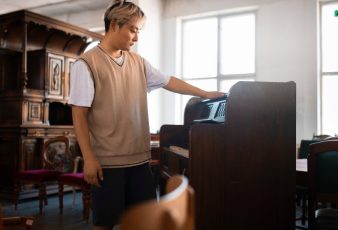Building a home music studio is not that uncommon, especially for those who want total control over their build and recordings.
A home studio also gives you access to all the equipment you need whenever you need it, and you do not have to wait for a professional studio to open to record that song that has been stuck in your head.
Look at a few things you need to think about recording in a home studio:
1. Software and Technology
You can get started with a simple setup that includes a computer, the recording equipment, and the right software. The software is essential because it is what you use to mix and edit audio unless you want to buy expensive equipment. The issue that arises is that the software can be very expensive because it is often based on a subscription model.
Additionally, you would have to learn how to use the software before you can get decent recordings out of it. The cost and the learning curve are not worth it if you will only be recording a single album every year.
Second, there is the issue of technology. Technology advances very quickly, and we’ve seen this happen over the last few years. A professional music studio rental los angeles, or one in another location, will have already invested in the latest technology, as they aim to offer the best services to their clients.
This more advanced technology enables them to produce higher-quality recordings by allowing for greater attention to detail, something that may be difficult to achieve in a home studio.
2. Choice of Microphone
If you decide to record in a home studio, you have complete control over the microphone you use. In a studio, you will get the option of one or two microphones, which will usually be condenser microphones. These sound great, but their sounds can differ between makes and models.
If you are recording sensitive vocals and acoustic guitars, you can choose the best condenser microphone for your setup and environment without being limited to only one or two options.
Do note that condenser microphones require phantom power, and you need to invest in an audio interface or dedicated amplifier.
3. The Acoustics
Your recording environment will factor into how the final recording will sound. In a home studio, you have to think about unwanted noises that can make their way into your recordings.
An air conditioning unit will need to be turned off, but there is little you can do about outside traffic noise. Additionally, sound bounces off corners and flat surfaces.
When recording in a home studio, you need to ensure the room is acoustically treated. There are several ways to do this, but the simplest option is buying wall panels and bass traps. These ensure there is a little sound reflection in the room, reducing unwanted noises in your recordings.
The main issue with doing this is that professional acoustic treatment and soundproofing will always sound better than if you do it yourself unless you hire a professional. A recording studio is treated in such a way that the bass is tight, the midrange is not muddied, and the high-end sounds crisp.
If you want this level of sound quality, you can find a recording studio near you and book through PIRATE which has numerous recording studio locations around the world.
4. Access to Expertise
Recording, mixing, and mastering audio is not as easy as it seems. You can record great vocals and have everything fall apart when you try to edit or mix it.
Now, you could learn to produce, mix, and master your own music, but that will take a long time. In a professional recording studio, you rely on the experience and knowledge of a professional studio engineer.
They will help with setting up your instruments right, where to stand to get the best vocals, what EQ settings to use, and much more.
Additionally, they will have insight that will help elevate your music. They will also be able to point out areas of improvement so that you end up with a better final recording.
5. Equipment
Having the right instruments (guitars, drums, etc.) is great, but getting the most out of them is a different story altogether. Even with the right equipment, the final recording might not sound its best. This is because studios have better equipment that is tuned just right to ensure your recordings sound their best.
Many people who use the software as discussed above will usually not know how to get the most out of it. This software is great for recording demos and ideas, but it is not always the best option if you want to help your music career.
Recording in a home studio is a viable idea if you are willing to invest in the right equipment and in learning how to record, mix and master recordings.
However, doing this means you miss out on the professional experience of an audio engineer, the latest technology, and a recording environment that makes your music sound its best.
Read Also:































